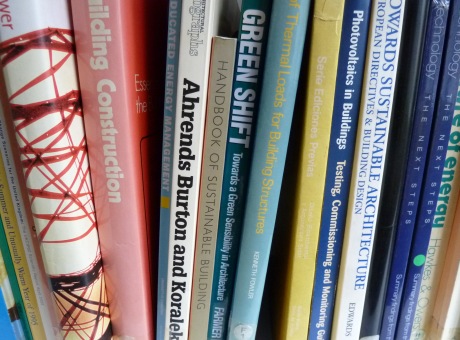Quantifying the negative effect of a CO2-reducing car taxation policy on NOx emissions

1 December 2013
With the current focus of policy action on climate change mitigation, it is important to investigate possible negative side effects of climate change policies on air pollutants. A 34% increase in CO2 emissions from private cars in Ireland over the period 2000-2008 prompted a change in private car taxation in 2008 to incentivise the purchase of lower CO2 emitting cars. The impact has been successful and the measure has accelerated the dieselisation of the car fleet. This however, raises an important question, namely how does the dieselisation of the car fleet affect NOx emissions? This paper combines two models to address this question, a car stock model to generate activity data (future composition and activity of Ireland's car stock) and the COPERT model to quantify the NOx emissions generated in the period 2008-2020. Previous analysis shows that the CO2 taxation policy measure is anticipated to deliver a 7% reduction in private car related CO2 emissions in 2020 compared with a baseline pre-tax scenario. The results here show that NOx emissions decrease in all scenarios, but a lesser degree of reduction is achieved due to dieselisation, with NOx emissions in the post-tax scenario 28% higher than the pre-tax scenario in 2020.
Co-benefits? Not always: Quantifying the negative effect of a CO2-reducing car taxation policy on NOx emissions. Energy Policy, 63 1151-1159.
Leinert, S., Daly, H., Hyde, B., Gallachóir, B.O. (2013)
The full text of this article is not available through UCL Discovery.
 Close
Close

